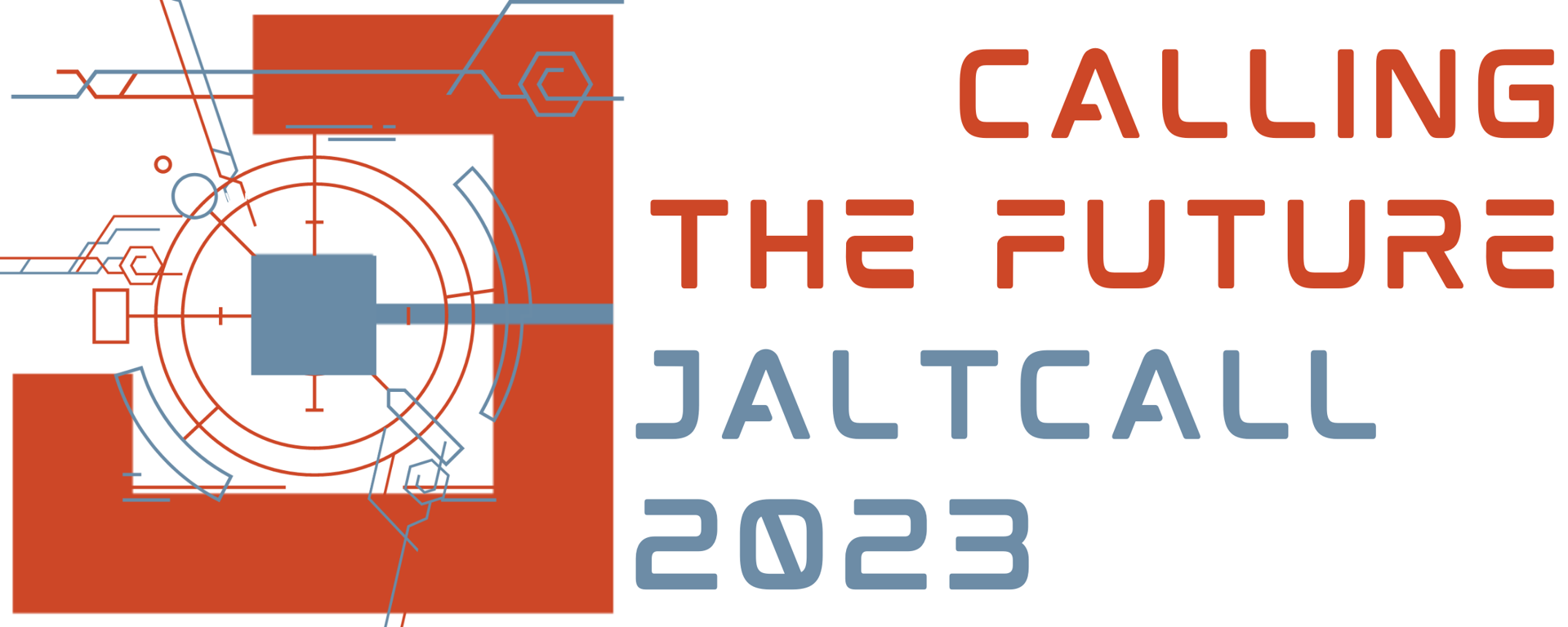2023-06-04, 13:30–14:00 (Asia/Tokyo), G1-2
Language: English
Maker Education, an educational approach that focuses on hands-on project-based learning, has been shown to be effective in nurturing soft skills in contexts such as schools, community centers, and libraries. Maker Education projects can range from technical, such as disassembling electronics or making robots, to arts and crafts. Researchers have noted its effectiveness for language learning, as it situates language in an immediately relevant context (see Dubreil & Lord, 2021). However, little research has investigated the use of Maker Education projects that utilize technologies such as 3D printing, programming, and electrical engineering in a language learning setting. Accordingly, this presentation will explore the implementation of a Maker Education for Language Learning (MELL) approach based on core constructs derived from established Maker Education frameworks and their effects on learners' language and content knowledge. Participants (N = 171) participated in a Maker Education electronics repair activity and immediately completed a reflection about their experience. The reflections were analyzed and coded for evidence and alignment with the core constructs and parsed through natural language processing tools to explore their linguistic complexity and lexical specificity. Analysis showed strong support for MELL's capability to encourage soft skills development while promoting specialized vocabulary acquisition.
This presentation will explore how technical Maker Education projects can be used in tertiary language education to promote soft skill development, content, and language learning.

